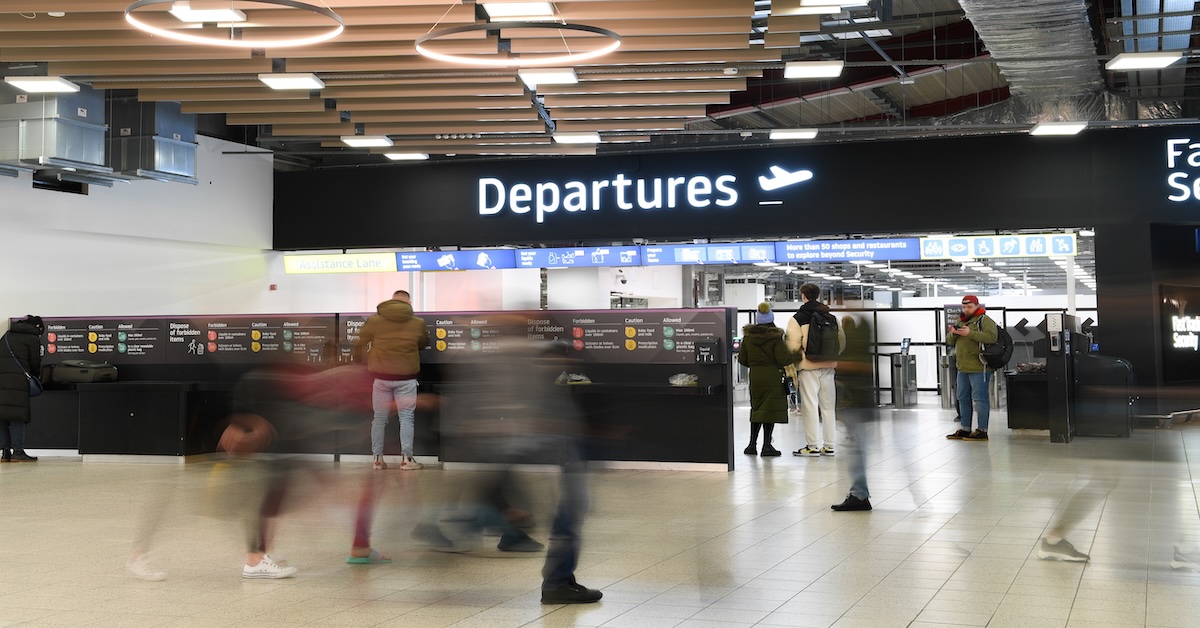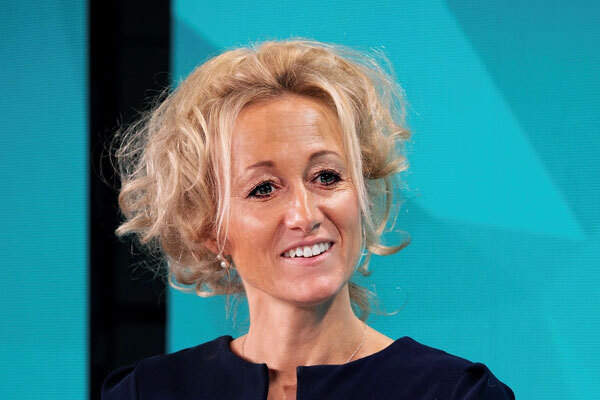Reformed Atol regime could be introduced as soon as April 2024
The CAA could introduce a significantly reformed Atol regime as soon as April 2024, with a switch from a £2.50 flat rate of Atol Protection Contribution (APC) to a range from 50p to £15 per passenger booking.
That is according to a CAA ‘request for further information’ on Atol Reform published on Tuesday which provides details on the CAA’s latest thinking and provisional assessments of the impacts of options outlined in a consultation in April 2021. The proposals outlined then required Atol holders to segregate customer money or to provide bonds or to use a combination of these.
The CAA has sought to counter what head of Atol Michael Budge described as “misconceptions” in the industry that solely trust arrangements would be acceptable under the reformed regime.
The new document confirms the CAA’s preference for segregation of customer money, with bonding as a back up to the separation of funds rather than an alternative for the sector as a whole. However, the CAA is at pains to make clear that segregation need not mean solely trust arrangements and that it’s keen to understand the extent of pre-payments required to be made to suppliers.
The CAA has put on hold a proposal to require segregation of pipeline monies held by agents on behalf of Atol holders, noting it will focus for now on direct sales and return to the treatment of pipeline money when outstanding issues are resolved.
A move to a variable APC forms a key part of the reform proposals, based on the principle that “a discount to the rate of APC should apply where the Atol holder provides a greater level of direct protection”. This has led via an independent assessment to a potential “variable rate APC of around 50p to £15”, the CAA reports.
It insists it’s “committed to ensuring an appropriate transition period” for businesses to meet the new requirements but does not say how long this might be”. However, the CAA acknowledges industry feedback to the first consultation on the length of transition required ranged from “one or two . . . to three to five or even 10 years”.


















